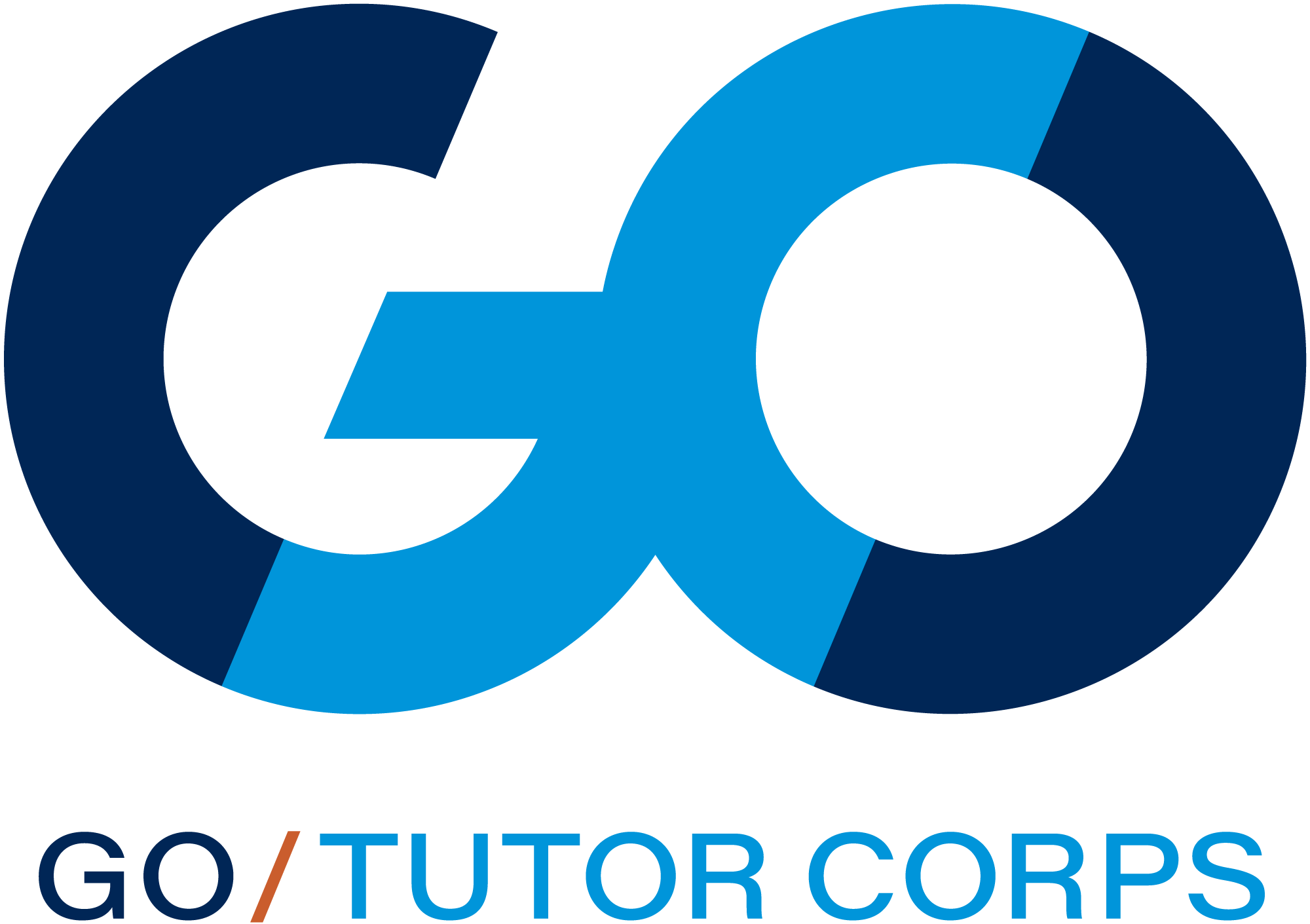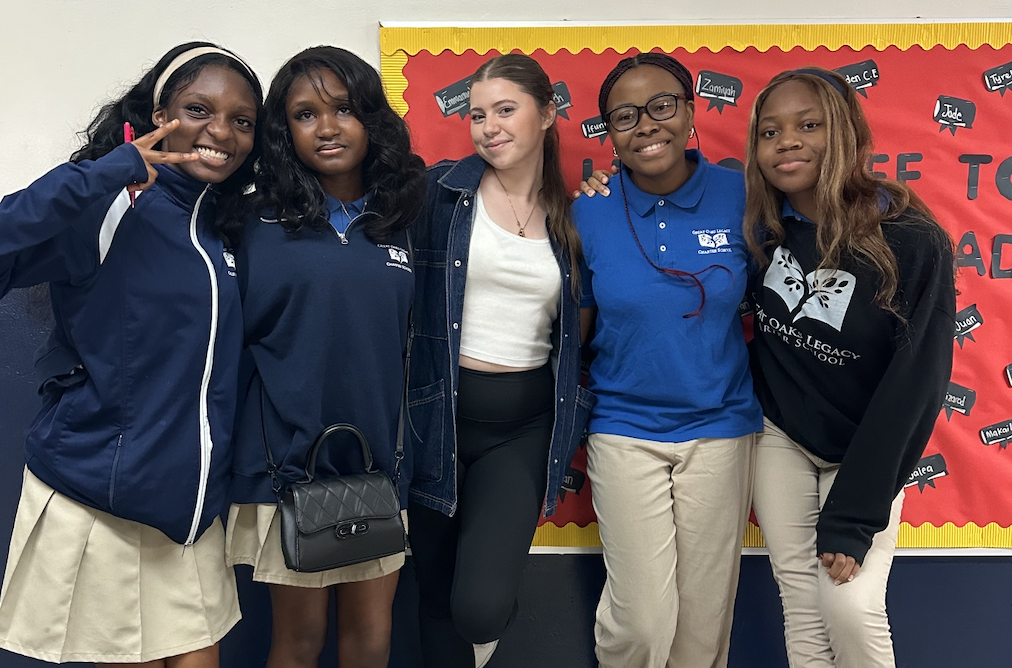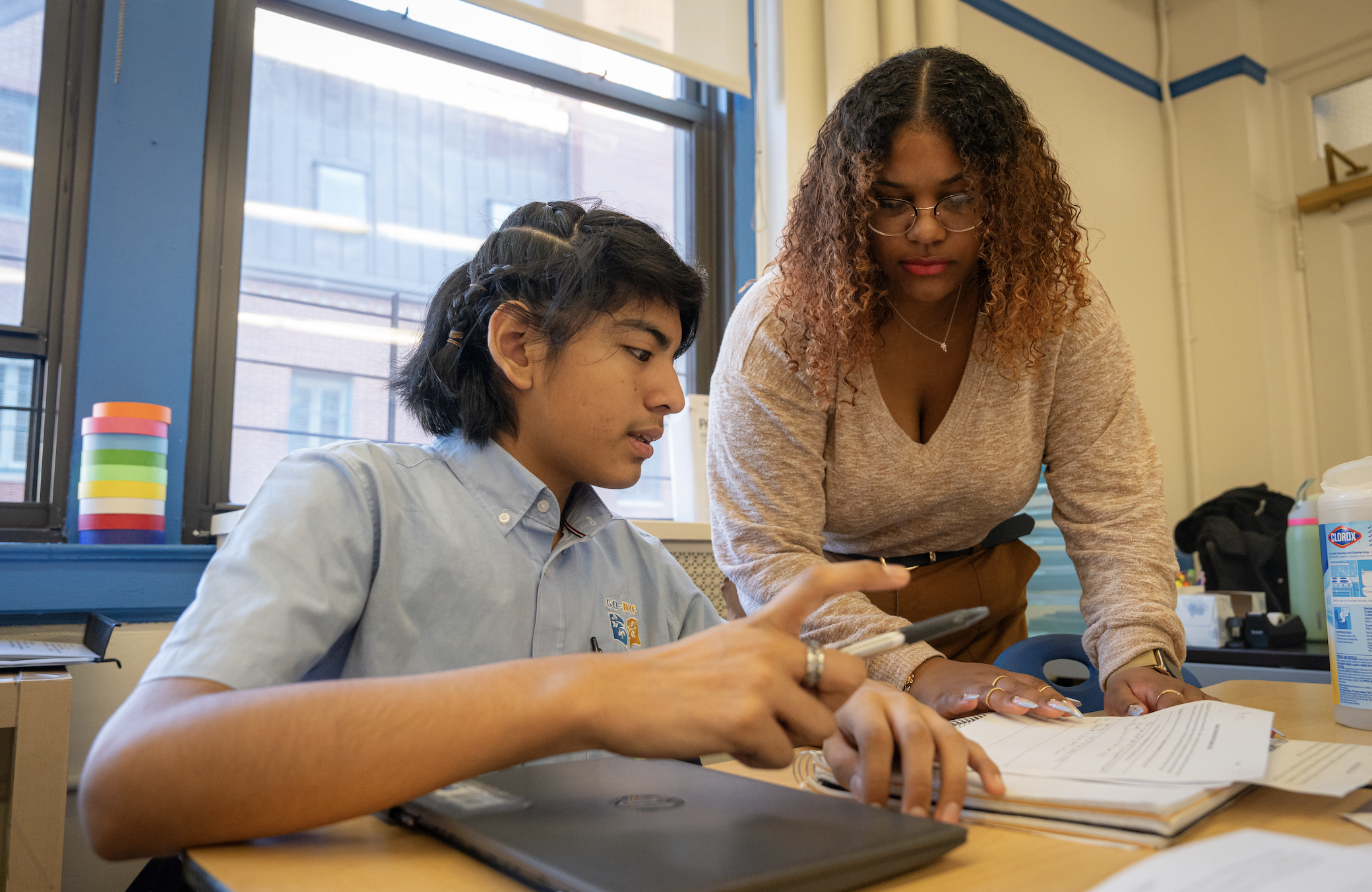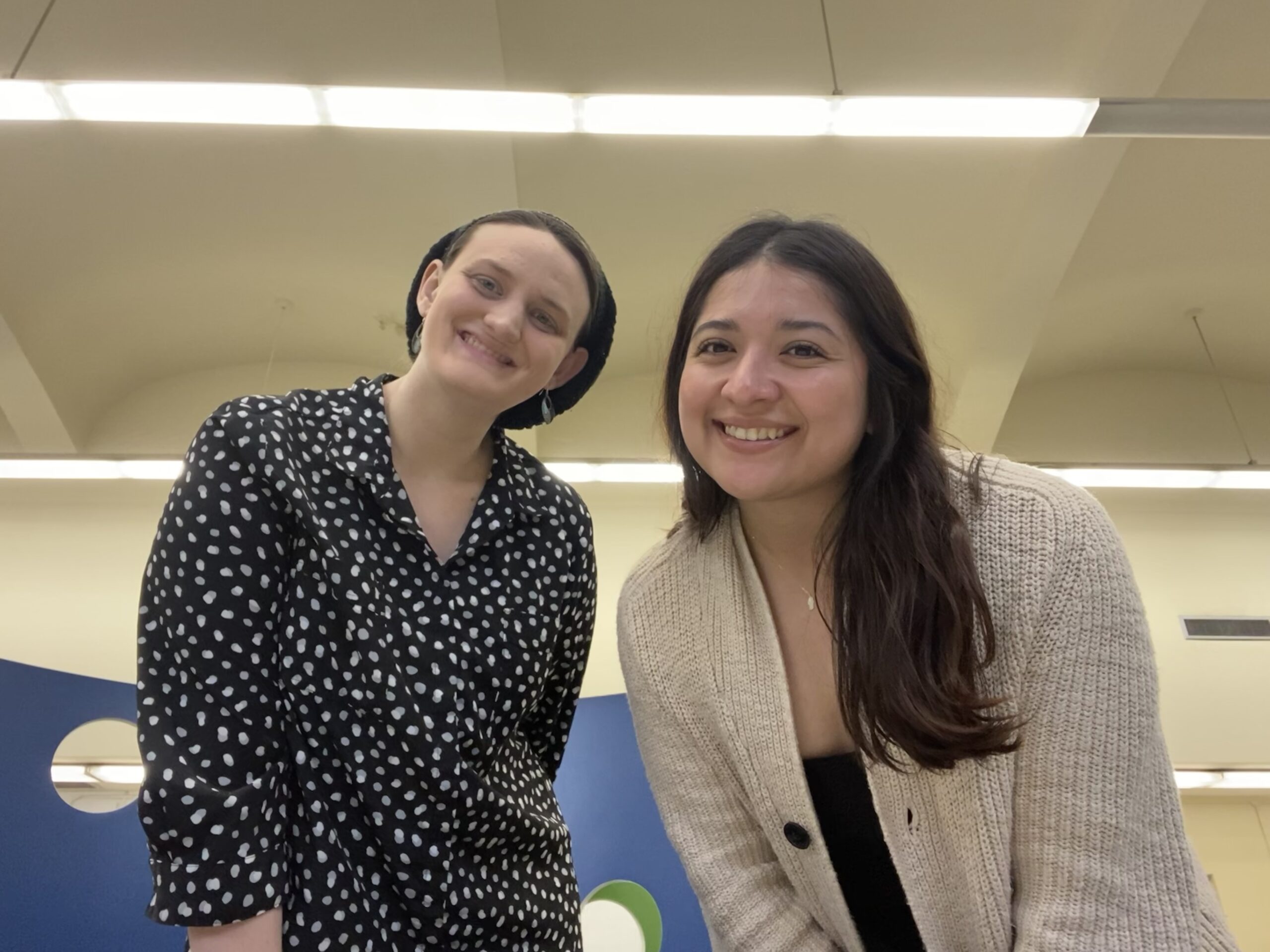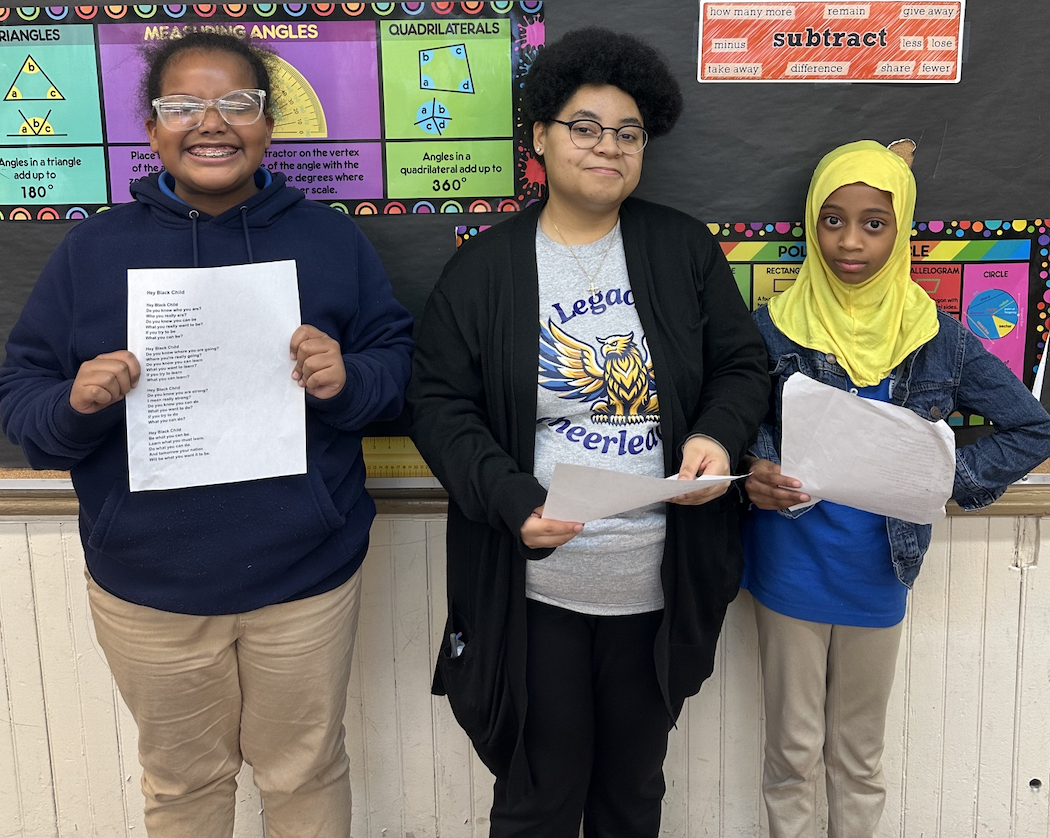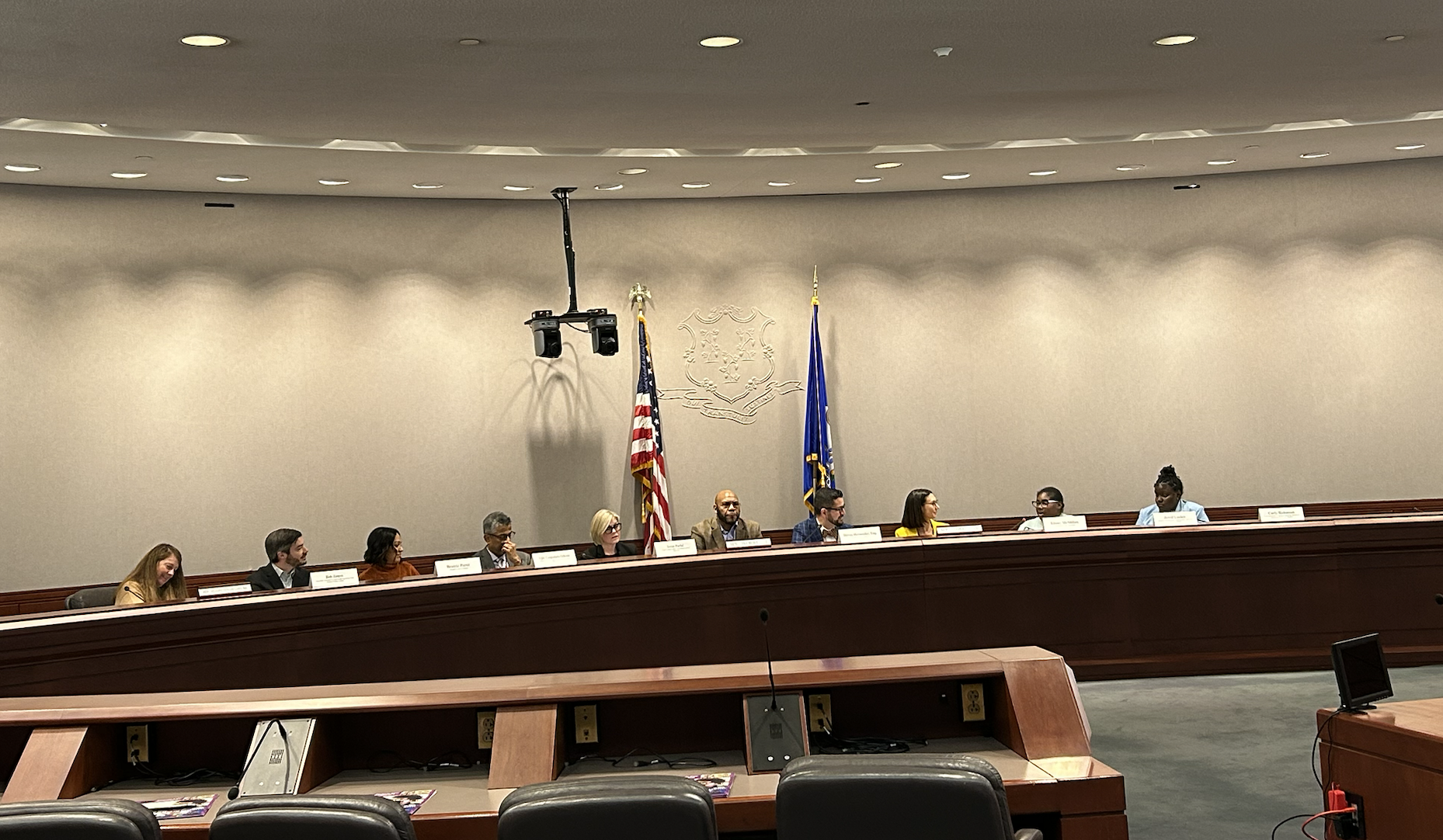Thank you for your interest in GO Foundation! If you have questions about our AmeriCorps Fellowship program, GO partners and charter schools, or about the GO Foundation itself, please use the form below to get in touch.
An Analysis of the CPRL Report
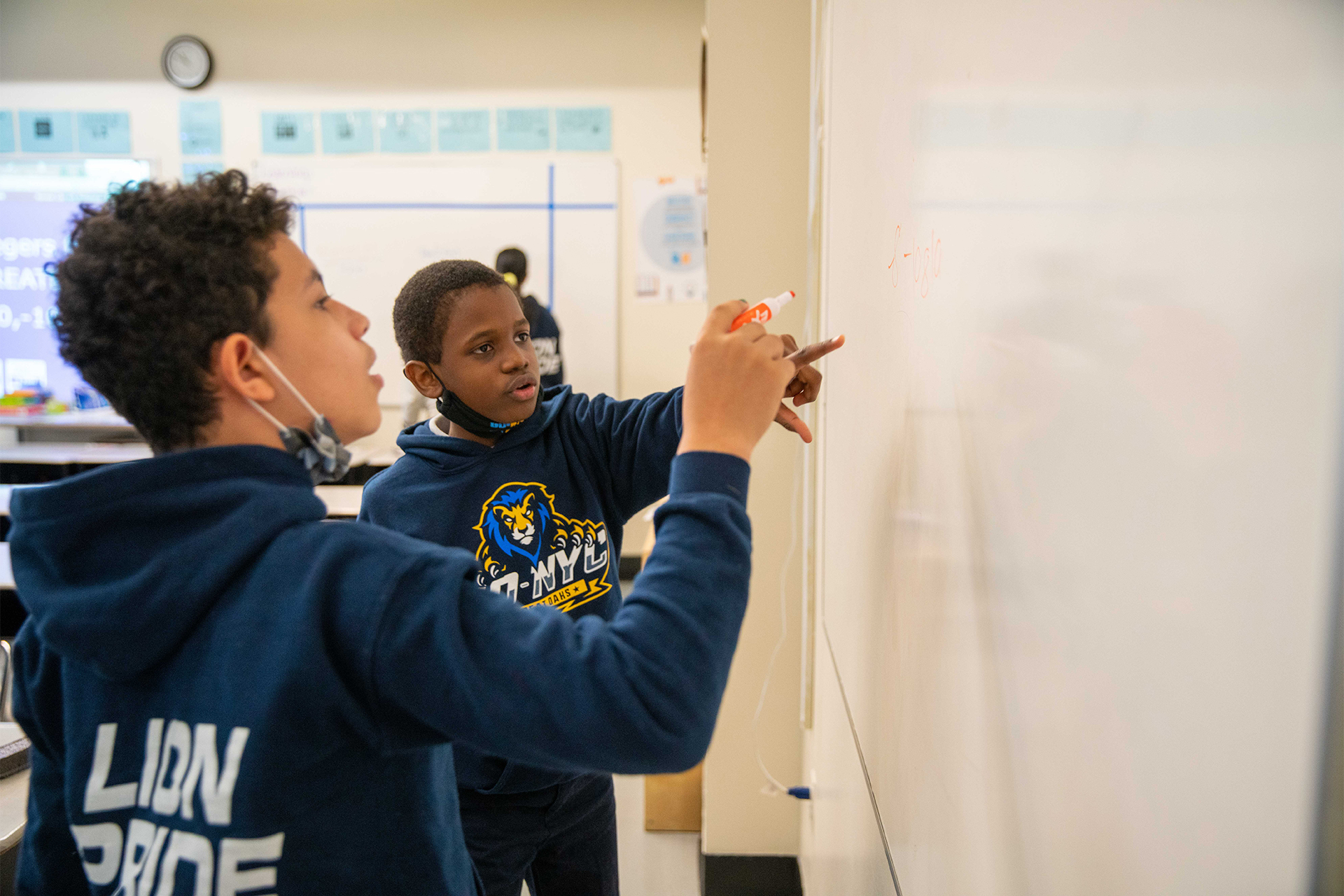
The pandemic left us with unprecedented challenges in student learning and socio-emotional well-being. Instructional staff and school leaders must accelerate student learning, but students need more support. Acknowledging these challenges in the State of the Union, President Biden encouraged Americans to “sign up to be a tutor or a mentor.”
Unprecedented challenges require novel solutions, and a new report by the Center for Public Research and Leadership (CPRL) at Columbia University shows how the Great Oaks Foundation (GO Foundation) is well positioned to respond to these challenges. The GO Foundation runs a Fellowship Program (GO Fellowship Program) as a high-dosage tutoring program in which tutors, known as Fellows, deliver at least three hours of instruction per week in English and math to groups of up to four students during the school day. Fellows also mentor students in small groups to build social-emotional competencies, such as growth mindset and positive self-identity, that improve students’ well-being and provide a foundation for academic success. Additionally, Fellows facilitate afterschool programming, and engage with students’ families.
CPRL’s research into the GO Fellowship Program highlights a number of promising practices leading to meaningful student impact. First, the report documents how, in collaboration with CPRL, we developed an instruct, mentor and develop (IMD) model that is woven into all aspects of our Fellowship Program, including recruitment, professional development, evaluation, and assessment of fitness for our teacher residency program. This model guides us in developing Fellows with a wide range of skills: instructional techniques to improve student learning; mentoring training to support students’ socio-emotional well-being; and an emphasis on facilitating extracurricular activities to improve school communities. Second, the report highlights how we developed data systems and a rapid-cycle continuous improvement process to provide real-time information and insights about our progress implementing the IMD model. The CPRL report finds “encouraging signs of academic impact,” but also challenges us to develop more specific protocols for deciding how best to deploy Fellows, and continue to strengthen our model. We are excited to do so!
